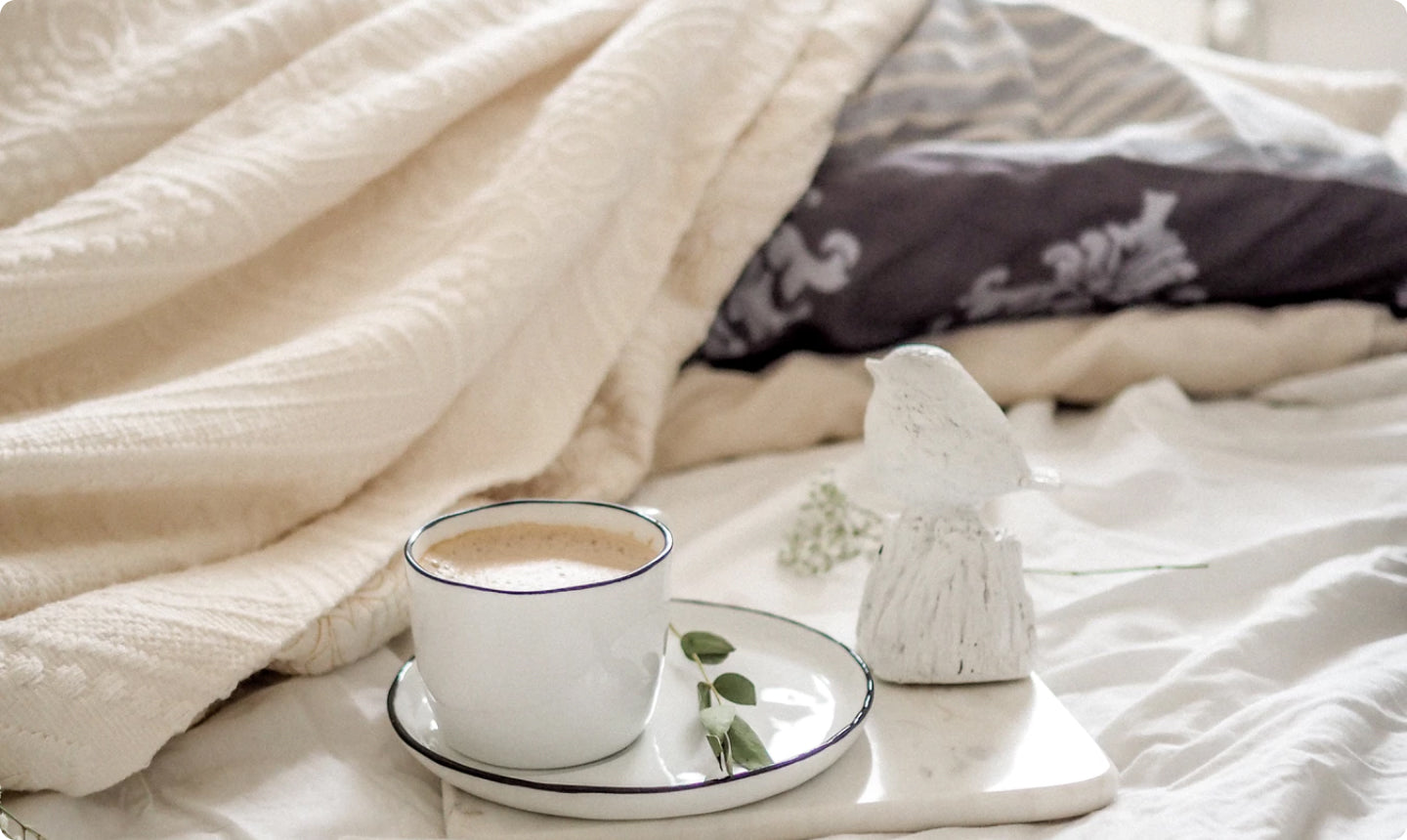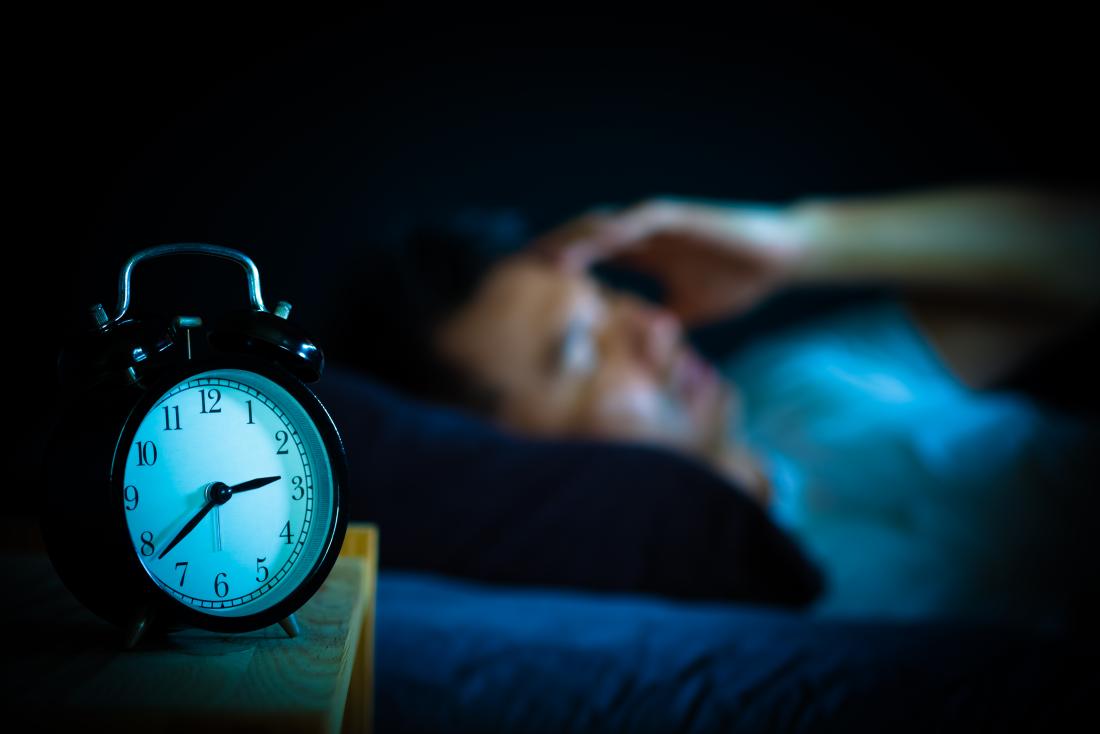If you feel off when you don't get enough sleep, know that your experience is valid. You shouldn't have to apologize for needing a lot of sleep, and you're not a complainer or weakling if you're often fatigued.
Besides making you feel sick and tired, sleep deprivation can make you feel lonely, anxious, depressed, and all sorts of other unsettling emotions. In fact, healthy people who go one full day without sleep can experience symptoms similar to those of schizophrenia!
Not to mention that driving while exhausted can be just as deadly as driving while intoxicated. The same goes for operating heavy machinery or any other task—administering medications, caring for animals or children—in which grave mistakes or accidents can occur.
Taking medications to get to sleep isn't without risks either. Some of these drugs have dangerous side effects or cause long-term adverse health effects.
Still, insomnia is a common problem in many countries today. Read on to find out why. Acting on these insights may help you have fewer sleepless nights.
A closer look at people who can't sleep
Although insomnia can be lonely, as you lie awake in the dark while the rest of your household is resting peacefully, you're certainly not alone.
A full one-third of American adults are getting less sleep than they should—sometimes by choice, but often because they simply can't. Additionally, one out of 10 adults in the U.S. has regular insomnia lasting for three months or more.
Similar statistics are reported in other countries. For example, an Indian study in 2015 indicated chronic insomnia in 33 percent of sampled adults. A 2017 study showed an insomnia rate of 15 percent in China.
Most people over age 18 need seven to nine hours a night. Teens need eight to ten hours of sleep every 24 hours. The requirement continues to increase in inverse proportion to age.
So why aren't people achieving this most basic health need? The reasons are varied and complex.
Why insomnia is so common today
The reasons behind sleeplessness vary from societal pressures to physical ailments. Read on to see which factors may be affecting your own ability to sleep well.
How modern society affects sleep cycles
Going way back, industrialization and the availability of electric lighting in households had a significant effect on people's normal living and sleeping patterns.
Today, a map of reported sleep times in the U.S. shows that the eastern part of the country is most prone to shorter stays in dreamland. It's probably no surprise that the states showing less sleep are often the most populous in the country. More people make more light and noise.
Traveling across time zones and doing shift work also interfere with normal, healthy sleep rhythms.

Are you too cool for sleep?
Especially among younger people, there's almost a cachet associated with sleeping less.
Whether that extra time gives you more time to party or to slave away at your start-up, your peers probably view you as more successful and desirable than your "lazy" friends. After all, more waking hours give you more time to accomplish things.
Busy lifestyles and high expectations spur people to skip sleep in the name of getting things done. The irony is that these folks could probably do just as much or more if they were fully rested every day.
An honest look at how you spend every hour will tell if you're really doing as much as you think you are. If you're eating up your longer days by chugging coffee, scrolling through social media, or zoning out in front of the TV, you're only fooling yourself.
Physical conditions that interfere with sleep
Another epidemic, obesity, is correlated with sleep apnea, in which a person stops breathing while they're asleep. People who suffer from sleep apnea usually snore. They wake up many times during the night and face the day feeling unrested.
GERD, also related to obesity, is a condition in which stomach acid backs up into the esophagus. The burning sensations can prevent sufferers from getting a full night of deep, restorative sleep.
Menopause, which occurs naturally in mature women or as a result of certain surgeries, can cause women to sleep poorly. Hormonal changes affect the sleep cycle, and hot flashes can wake women in the middle of the night.
Insomnia is also common in people who have:
- Cancer
- Diabetes
- Congestive heart failure
- Coronary artery disease
- Chronic lung disease
- Kidney disease
- Hormone imbalances
- Anemia
- Parkinson's disease
- Dementia, including Alzheimer's disease
- Chronic pain

Mental conditions that interfere with sleep
A number of mental health disorders are related to poor sleep. These include:
- Stress and anxiety
- PTSD
- Depression
- Bipolar disorder
- Autism
In many cases, the mental health condition, such as depression, can cause insomnia. Yet insomnia can cause depression. It's important to treat both sides of the coin to break the cycle.
More risk factors for insomnia
Ironically, if you're being treated for a health condition, the prescription and over-the-counter medications you take can interfere with sleep.
Regardless of your general health, you're more likely to suffer from insomnia as you get older. Middle-aged and senior adults in the U.S. often report unrestful sleep.
Women are more likely than men to have sleep problems. This is especially true during times of hormonal fluctuation, such as pregnancy and menopause.








